The Evolution and Controversies of YouTube Downloaders: Understanding the Implications of Video Content Piracy
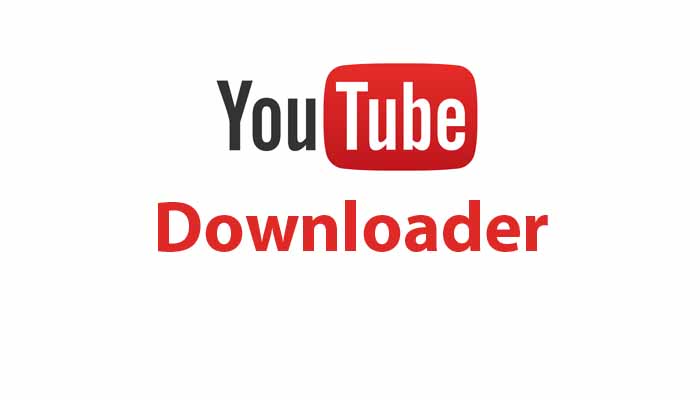
Introduction
YouTube has revolutionized the way we consume video content. With millions of videos uploaded daily, the platform has become a vast repository of knowledge, entertainment, and creative expression. While YouTube’s streaming model is immensely popular, it also poses some limitations, such as the inability to download videos for offline viewing. In response, third-party developers have created YouTube downloaders, tools that allow users to save videos from YouTube to their devices. This article explores the evolution of YouTube downloaders, the legal and ethical implications surrounding their use, and the impact on content creators and copyright holders.
I. The Rise of YouTube Downloaders
- Early History
- The emergence of YouTube as a dominant video-sharing platform.
- The initial limitations in video downloading options on YouTube.
- Pioneering Download Tools
- The earliest YouTube downloaders and their functionalities.
- User motivations for wanting to download YouTube videos.
- Evolving Technology and User Experience
- Advancements in YouTube downloader development.
- Integration with browsers and devices for seamless downloading.
II. The Legality Debate
- YouTube’s Terms of Service and Policies
- Analysis of YouTube’s official stance on video downloading.
- The restrictions imposed on users to prevent unauthorized downloading.
- Copyright and Fair Use Concerns
- Understanding copyright laws and their implications on YouTube content.
- The notion of fair use and how it applies to video downloading.
- Legal Battles and Landmark Cases
- Examination of notable legal cases involving YouTube downloaders.
- The verdicts and their impact on the development and usage of download tools.
III. Ethical Considerations
- Content Creators’ Perspective
- How YouTube downloaders affect content creators’ revenue and views.
- The potential loss of creative control and attribution.
- The Impact on Copyright Holders
- How copyright holders’ rights are affected by video downloading.
- Strategies to protect intellectual property in the digital age.
- Audience Behavior and Consumer Ethics
- Analyzing user attitudes towards video downloading.
- The balance between convenience and respecting content creators’ rights.
IV. Security and Privacy Concerns
- Risks Associated with Downloading Tools
- Malware and security vulnerabilities in some YouTube downloaders.
- Protecting devices and data from potential threats.
- User Data Collection and Misuse
- Instances of data privacy violations by certain download tools.
- The importance of choosing reputable and secure downloaders.
V. The Future of YouTube Downloaders
- Regulation and Enforcement
- How governments and platforms are responding to YouTube downloading.
- Efforts to curb piracy and protect content creators’ interests.
- Innovations and Legal Alternatives
- Legitimate alternatives to YouTube downloaders for offline viewing.
- The development of streaming services’ built-in download options.
Conclusion
YouTube downloaders have undoubtedly provided users with convenient ways to access and enjoy video content. However, their existence also raises complex legal, ethical, and security issues that need careful consideration. Striking a balance between user convenience and respecting copyright laws will be crucial as the digital landscape continues to evolve. As technology advances and regulations adapt, the future of YouTube downloaders remains uncertain, and it is up to all stakeholders to shape it responsibly.
 Razer Gold Gift Card – Games, entertainment, and lifestyle
Razer Gold Gift Card – Games, entertainment, and lifestyle 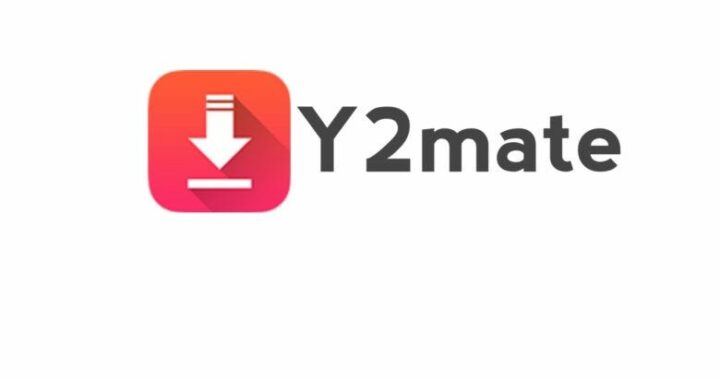 Y2Mate – YouTube Downloader: Download YouTube Videos for Free
Y2Mate – YouTube Downloader: Download YouTube Videos for Free 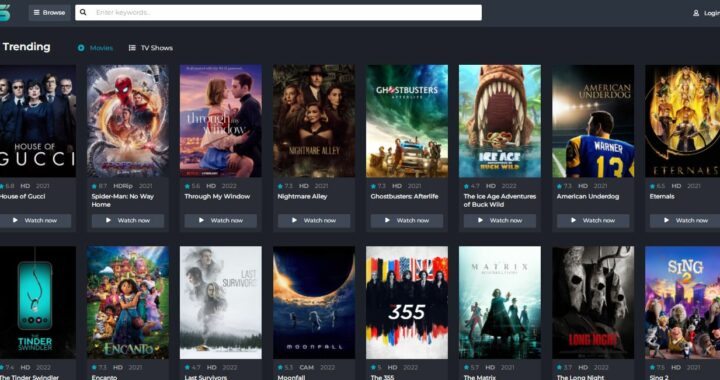 Sflix Watch latest movies online, Free hd movies streaming
Sflix Watch latest movies online, Free hd movies streaming  AnimixPlay: Elevating Your Anime Experience with Ultra HD Streaming
AnimixPlay: Elevating Your Anime Experience with Ultra HD Streaming 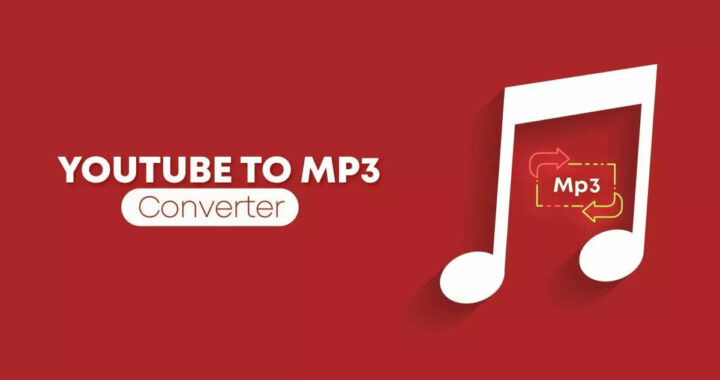 The Legality, Ethics, and Implications of YouTube to MP3 Converters
The Legality, Ethics, and Implications of YouTube to MP3 Converters 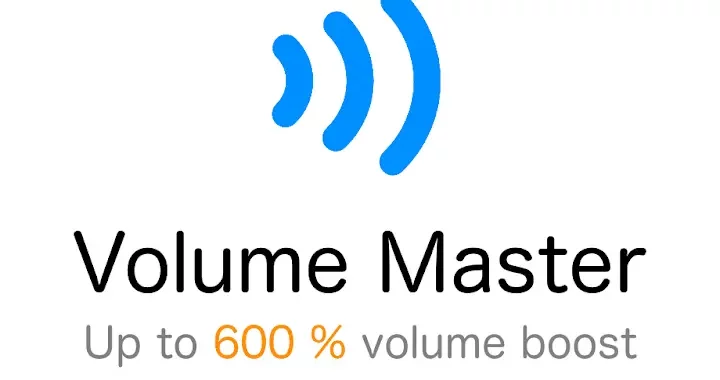 The Art of Volume Master: A Comprehensive Guide to Sound Control and its Implications
The Art of Volume Master: A Comprehensive Guide to Sound Control and its Implications  Cologne’s Gothic Cathedral Will Leave You Speechless
Cologne’s Gothic Cathedral Will Leave You Speechless 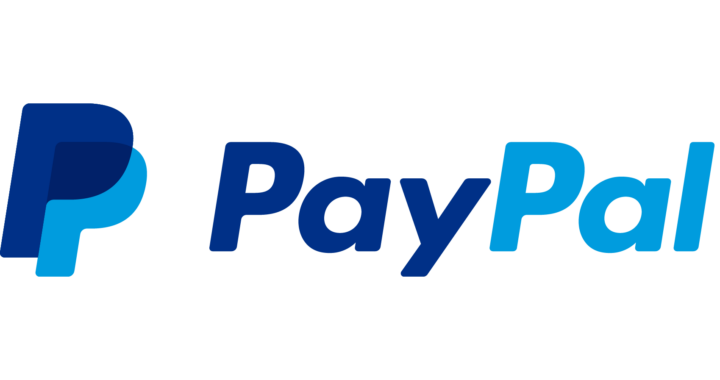 PayPal: Revolutionizing Online Payments
PayPal: Revolutionizing Online Payments